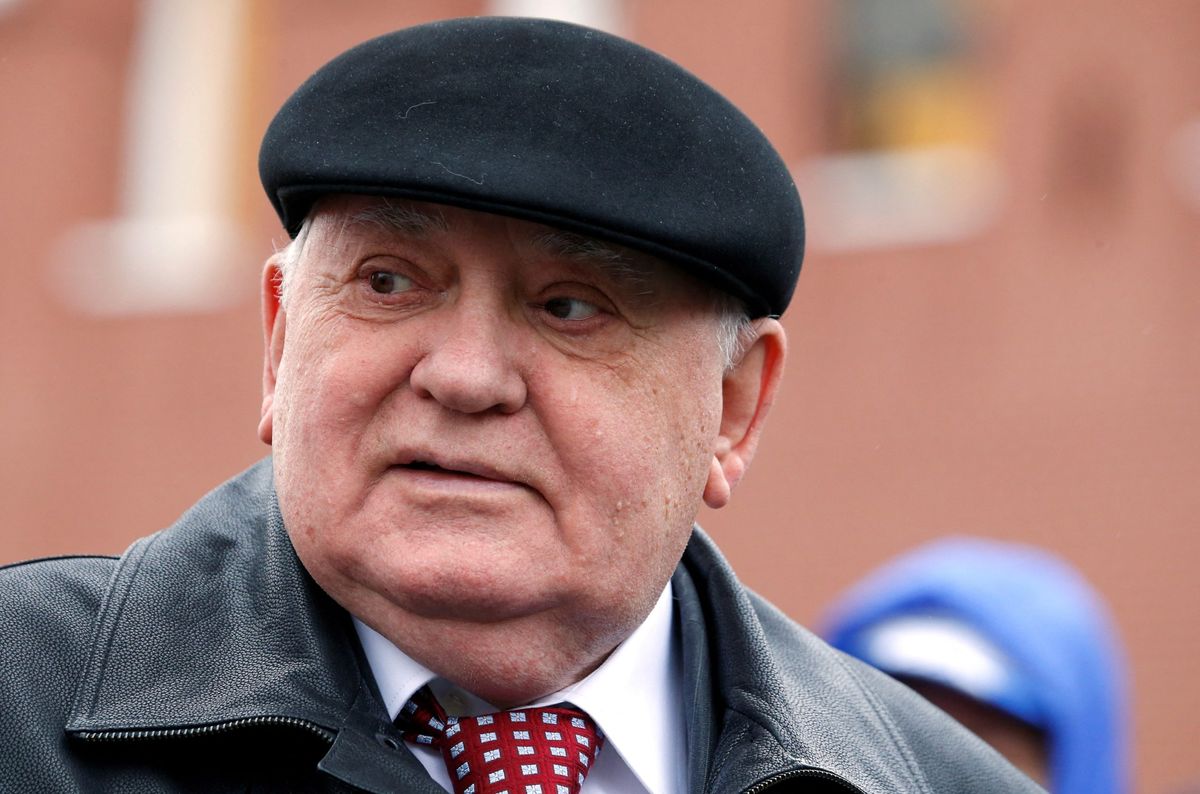The Soviet Union’s last leader, Mikhail Gorbachev, has died at 92

A few minutes every morning is all you need.
Stay up to date on the world's Headlines and Human Stories. It's fun, it's factual, it's fluff-free.
Mikhail Gorbachev, the last leader of the Soviet Union before its collapse, has died at the age of 92, according to state media.
Gorbachev was born in Privolnoye, just east of modern-day Ukraine, and he grew up as a committed communist during World War II. He climbed through the party’s ranks in his career before becoming its General Secretary (and leader) in 1985. Unlike some of his predecessors, though, he more or less embraced some of the ideas of liberalism, including things like free speech.
When he introduced certain relaxations and reforms to Soviet policies, protests against the Soviet Union began, and, unlike his predecessors, he didn’t squash them militarily. He was also more willing to make arms agreements and move toward Western systems. Soviet states began to leave the union in the late 80s, and in December 1991, it collapsed altogether.
There are mixed feelings about him now. Many people in the West think of him fondly as the person who ushered liberalism into the Soviet Union and Russia. But many in Russia, including Vladimir Putin, see the fall of the Soviet Union as a great tragedy, and they see his reign as a particularly bleak spot in that history. Apparently, Gorbachev wasn’t a huge fan of Putin, either, and some close to him say he was critical of the Russian invasion of Ukraine and that it was killing his legacy.
Key comments:
“The year 1990 represents a turning point,” read Gorbachev’s acceptance speech for the 1990 Nobel Peace Prize for his work in ending the Cold War. “It marks the end of the unnatural division of Europe. Germany has been reunited. We have begun resolutely to tear down the material foundations of a military, political and ideological confrontation. But there are some very grave threats that have not been eliminated: the potential for conflict and the primitive instincts which allow it, aggressive intentions, and totalitarian traditions.”
After meeting with Gorbachev on June 30, economist Ruslan Grinberg told the Russian military news network Zvezda, “He gave us all freedom – but we don’t know what to do with it.”




Comments ()